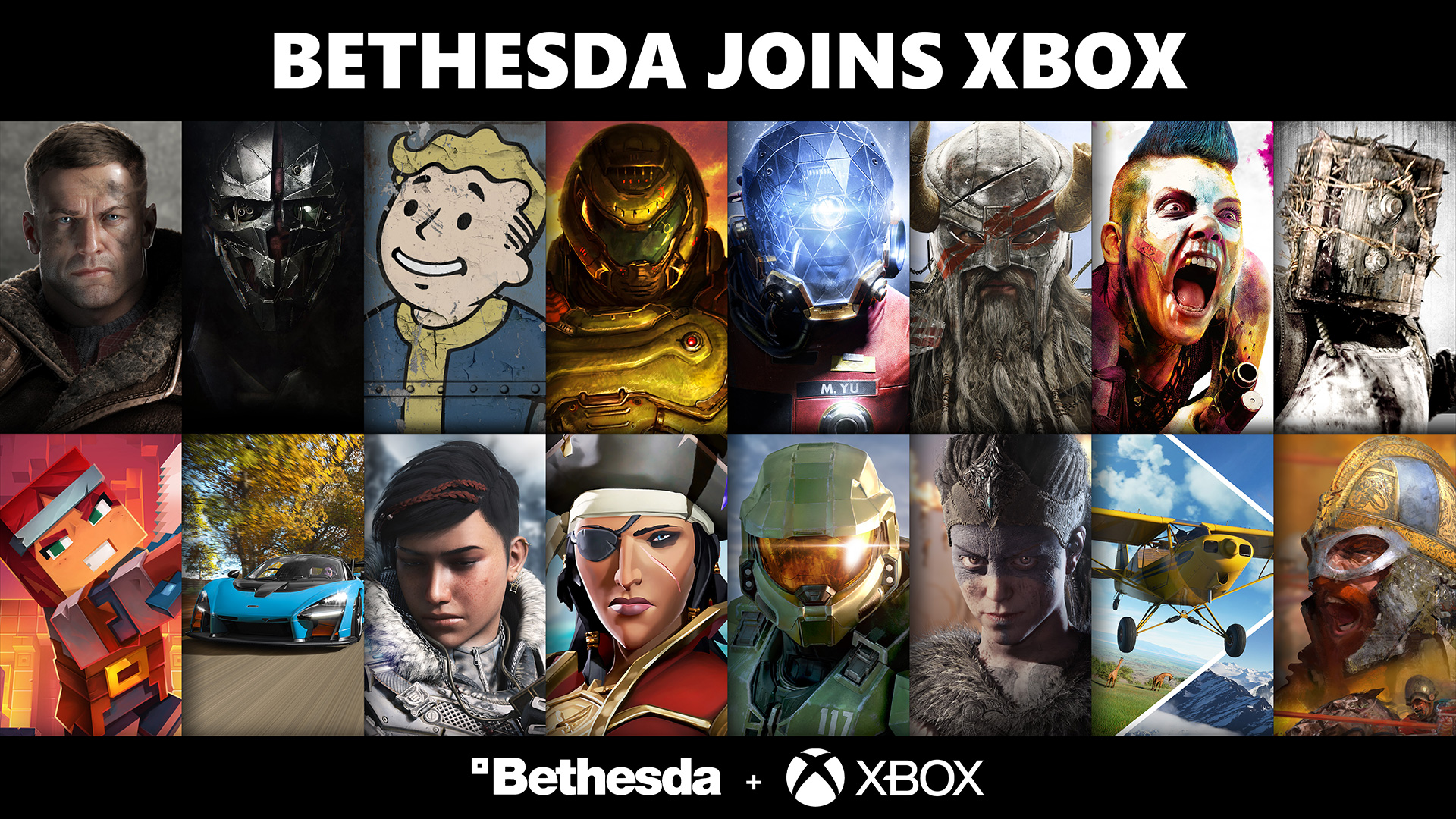D
Deleted member 11852
Guest
Skyrim was added to PS+ Extra and Premium (the mid and upper tier subscription packages) in November 2022. Would that have happened if Microsoft weren't under incredible scrutiny from regulators on their services? Nobody can say, but the CMA commented that Microsoft's motives were not clear cut - based on Microsoft's own documentation released to the CMA.They also added Bethesda games to Playstation Plus's service when the on demand/streaming stuff was launched. Although, I don't know if any of the Bethesda games are streamed since... You know, it's impossible to tell what's what on that service. But Skyrim is used prominently in the marketing on the main page of PS+.
UK CMA said:Most importantly, Microsoft's submissions do not address the fact that a Microsoft senior employee [REDACTED]. In any case, we consider that these motives ([REDACTED] licensing) are not mutually exclusive and [REDACTED] are likely to have contributed to Microsoft's decision to remove the two Bethesda games.





